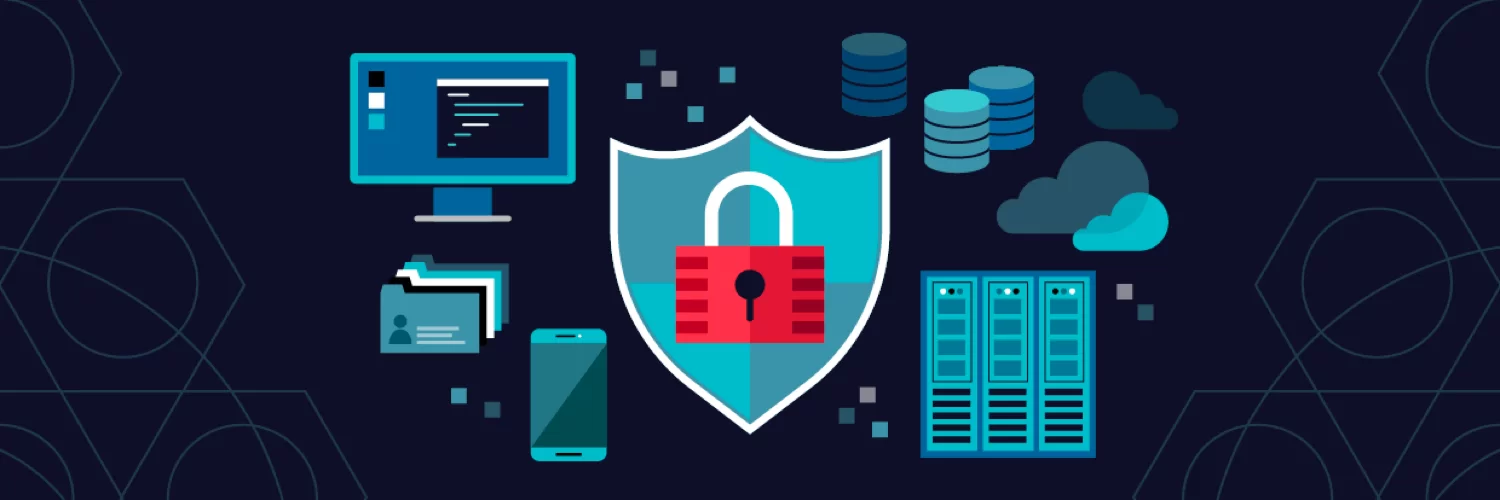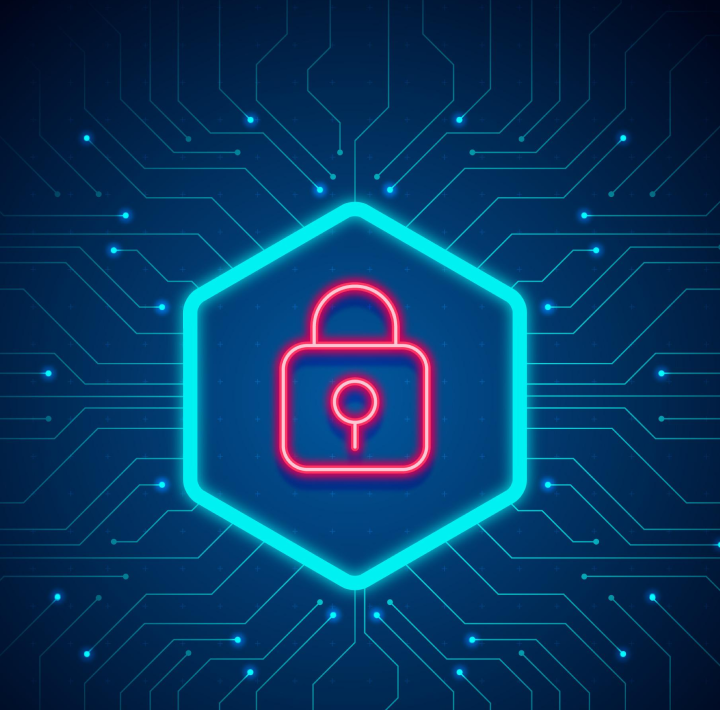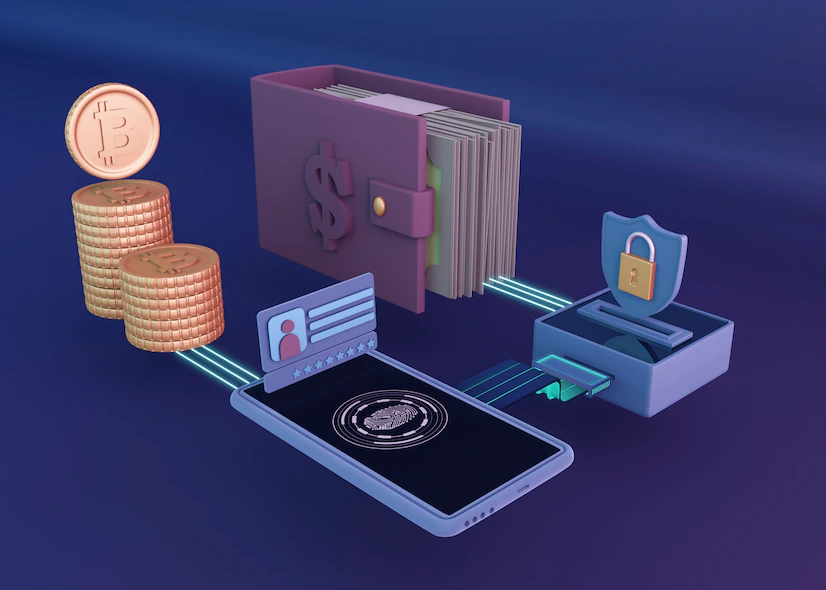Any device that connects to a business network is at a potential risk to be exploited by criminal cyber actors. These devices in a way act as endpoints that require to be shielded to protect the business IT infrastructure front line.
Endpoint security is seen as cybersecurity’s front line and comes at the first place organizations look to safeguard their enterprise networks against cyber threats and dangers.
An Endpoint is any device that has access to the enterprise network and creates points of entry that can be misused on negligence. Such devices may include desktops, laptops, servers, virtual machines, mobile phones.

What is Endpoint Security?
Endpoint security is the process of securing the end-user devices from risky online activities and malicious attacks. The endpoint security systems eliminate the risks in cases of threats to the IT systems, preventing them from being transmitted to connected devices.
“Simply put, Endpoint Security is the mechanism in charge of avoiding problems within a business or local networks associated with devices.”
It is a branch of cybersecurity applied to these devices and is the security measure adopted to protect internal networks from possible intrusions, beyond the security perimeters established around them.
The Significance
Endpoint security occupies great importance in an organization’s cybersecurity. We all are aware of how crucial data is for an organization and is considered the most valuable asset a company possesses.
As the access of data is made more fluid, threats targeting mobile devices must be handled to ensure network security that becomes more porous. And as major security breaches occur through the network, it becomes quintessential to lookup endpoint fixtures that support centralized network protection.
All types and all-size companies are vulnerable to infiltration, data breaches, and risks of insolvency. With hackers inventing new ways to gain access, steal private information and manipulate employees to give out sensitive information unknowingly, it’s easy and necessary to see what endpoint security is regarded as ‘must-have’ parameters for securing modern businesses.
[Related Read: “Cyber Risks and Attacks: How To Stay Clear”]
How Does Endpoint Protection Works?
Endpoint Protection has the main aim to protect data and workflows associated with the network-connected devices and make sure that they aren’t affected by cyber-attacks and threats.
The systems deployed to ensure the protection of network endpoints identify and examine each file that enters the enterprise security network and compare them against database threat information stored in the cloud.
Such solutions provide great visibility to the administrators via a central management console that tracks and controls devices connected to the business network where the setup takes care of login attempts and their authenticity, necessary software updates, and standard policies to be met.
Furthermore, the application control feature secures the endpoints by blocking the device user from downloading any file/software that is unsafe or unauthorized by the organization and uses encryption techniques to prevent loss of data.
Robust endpoint security system software is designed to detect malware and other common and uncommon web-based advanced risks while monitoring, detecting, and responding to some serious risks like zero-day attacks, fileless malware, polymorphic attacks, etc.
Thus, in a way, endpoint protection of an IT network can be seen as a tool that offers enhanced visibility of shielding the security posture of an enterprise with broad response options in the face of a security threat.
Why Apply Endpoint Security Solutions in My Company?
Applying Endpoint security solutions in your company will help minimize the risk of suffering different types of cyberattacks that endanger not only the confidentiality of the company’s information but also its operability, which not only implies economic losses but also of corporate reputation.
Think about the damage that a hacker could do by replicating your website and using it to carry out Internet fraud or infect other computers or leak your users’ data.
Keep in mind that in many cases, you do not have control over the devices that connect remotely to the internal network of the company and, although people are increasingly trained and aware to recognize and avoid electronic threats, some attacks are very sophisticated and difficult to detect.
Strengthening endpoint security will help you detect and avoid many of these threats or, at the very least, minimize their impact.
Does your Organization Favor Endpoint Security?
If you are interested in learning what Endpoint Security is and what it can do for your networks, it is good to keep in mind that IT Security experts at CodeGlo can help you in many ways.
The collaboration offers you an ideal solution to gain security and ensure protection and mitigation against potential cyber threats. Allow us to tighten up your network endpoints to maintain your business’s security posture and continuity.







